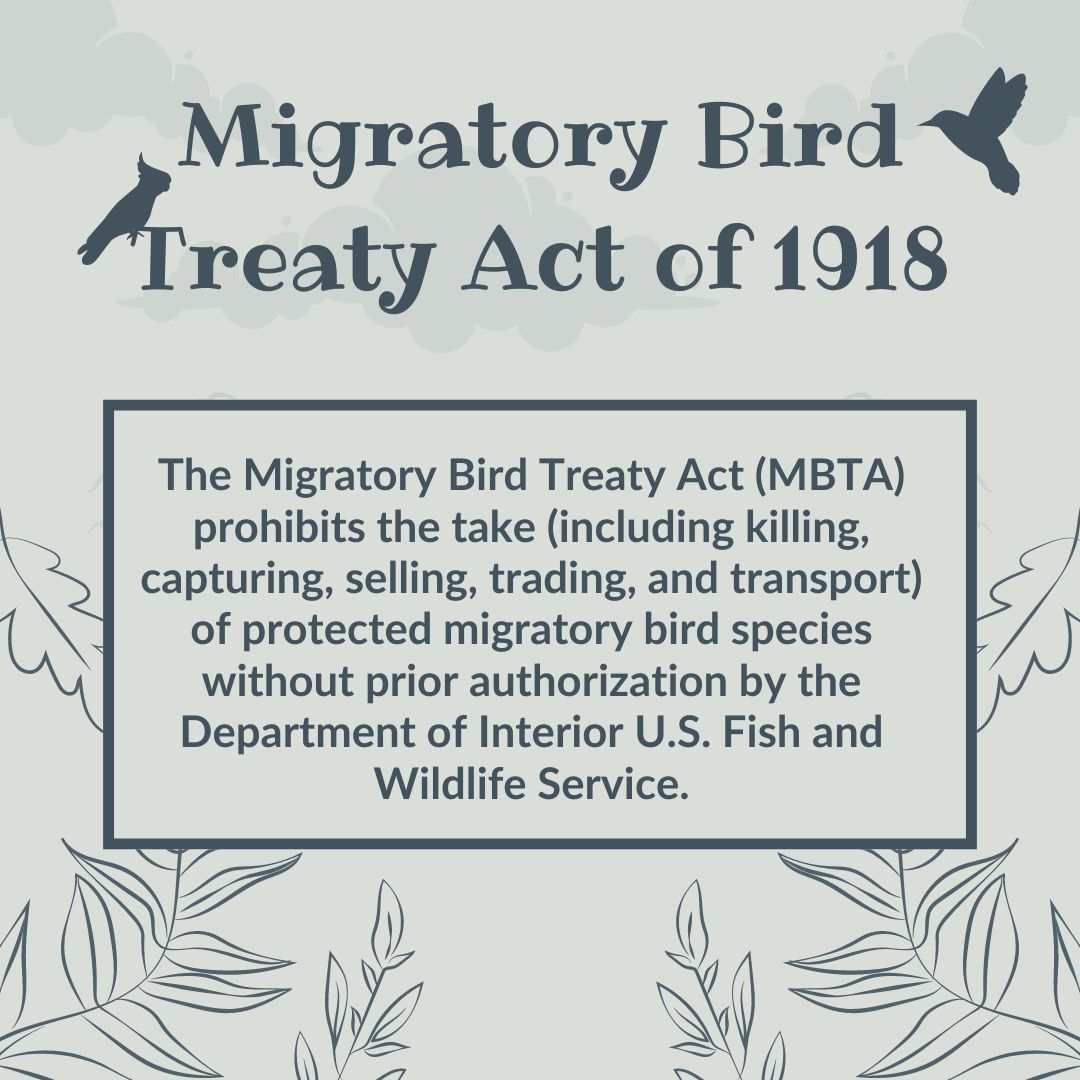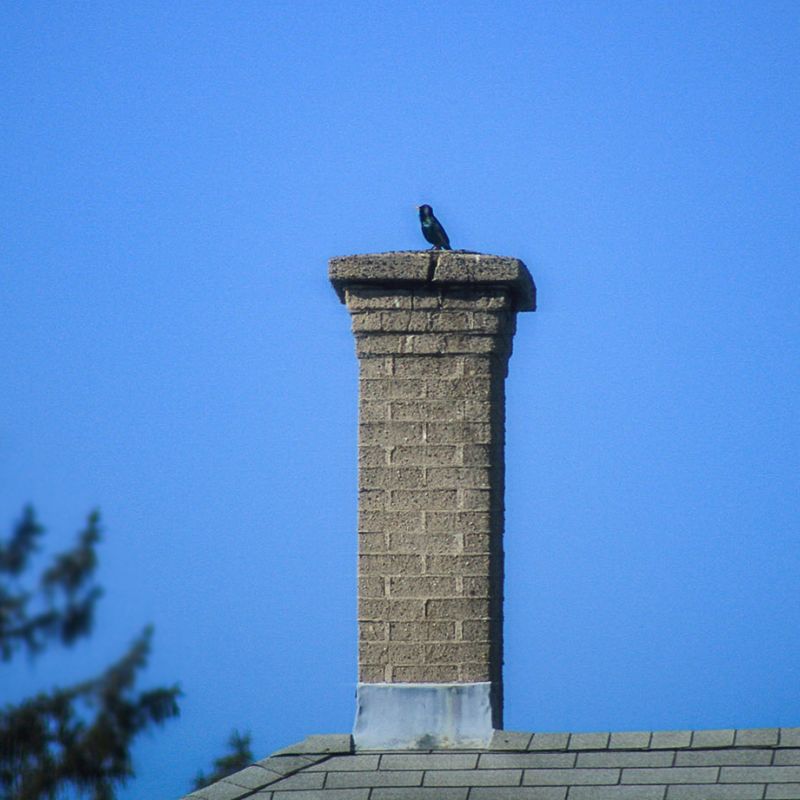Discovering birds in your chimney can be a surprising – and concerning – situation for any homeowner. These uninvited guests often find chimneys to be a cozy nesting spot that keeps them safe from harsh weather and predators, especially during the breeding season…but what’s great for them is less than ideal for you.
All that said, while the presence of birds can lead to various issues, including blocked chimneys and potential health hazards, it’s crucial to handle the situation with care and caution – both for keeping the animals safer and for ensuring compliance with laws and regulations.
Looking to prevent birds from entering in the first place? We’ve got you – and your chimney – covered. Call today or reach out online now.
Common Signs of Birds in Your Chimney
Think birds may be present in your flue, but just aren’t sure? Here are some common signs:
- Chirping & Scratching Sounds: One of the most noticeable signs is the sound of birds chirping, especially during the early morning hours. You might also hear scratching or flapping sounds as the birds move around in the chimney.
- Droppings: Bird droppings around the fireplace, hearth, or the base of the chimney are a clear sign that birds are present. These droppings can accumulate quickly and create a mess.
- Nest Materials: Finding twigs, leaves, or other nesting materials in the fireplace or around the chimney area indicates that birds are building a nest inside the chimney.
- Bird Activity Around the Chimney: Observing birds frequently flying to and from the chimney or perching on top of it is a strong indication that they are using it as a nesting site.
- Blocked Chimney: If your chimney becomes blocked or the draft is reduced, it could be due to a bird’s nest obstructing the flue. This can also lead to smoke backing up into your home when you use the fireplace.
- Odors: Foul or unusual smells emanating from the fireplace or chimney area might be due to bird droppings, a nest, or, in some cases, a dead bird.
If birds are present, especially if they are nesting, it’s best to contact a professional wildlife control service. They can safely and legally remove the birds, if necessary, ensuring compliance with the Migratory Bird Treaty Act (MBTA).
After the animals are out, we can take further proactive measures to ensure better protection down the line – like installing a chimney cap and sweeping out any left-behind materials.
The Migratory Bird Treaty Act & Your Chimney
The Migratory Bird Treaty Act (MBTA) is a key piece of U.S. federal legislation enacted in 1918. The MBTA makes it unlawful to pursue, hunt, take, capture, kill, or sell birds listed in the act, as well as their nests, eggs, and feathers, without appropriate permits.
What does this mean for you and your chimney? Well, if the birds chirping away in your flue fall under this umbrella, removing them, their nests, or their eggs from the chimney is generally prohibited.
One example of a protected species that commonly nests in chimneys is the chimney swift. These birds are known to build their nests in the vertical shafts of chimneys and are protected under the MBTA.
This may leave you feeling like having birds in your flue is a lost cause, but there are solutions…you may just have to wait to implement them.

What To Do if Endangered Birds Are in Your Chimney
If birds that are nesting in your chimney are part of the MBTA, it’s important to wait until after the nesting season has ended – and they’ve migrated back south – to take action. Once they’ve packed their bags, the nesting materials can be removed and the chimney can be properly sealed to prevent their return.
The best way to avoid this from happening again next year? Have one of our professionals install a new chimney cap or screen at the top of your chimney. Chimney caps are vital for keeping out birds and other critters, and they’re instrumental in keeping water at bay too. We can get the job done right, so you’re given quality protection for years to come.
Can I Smoke Birds Out of My Chimney?
Definitely not – using smoke to remove birds from your chimney might seem like a straightforward solution, but it’s neither safe nor legal.
Here’s the thing – many assume smoke will merely annoy the birds enough that they’ll leave on their own, unharmed, but this isn’t the case. In fact, smoking birds out can cause significant harm to them and their young, thus violating the Migratory Bird Treaty Act (MBTA) we talked about above.
How can this practice be harmful? Smoke can suffocate and kill birds, especially if they have young or are nesting. Additionally, this method poses a fire hazard, which can also injure or kill the birds, as well as put your chimney at risk of damage.

Schedule Your Next Chimney Sweeping Today
With fall soon approaching, now is the time to book your next chimney inspection and sweeping. If you fear critters are taking up residence in your flue, give us a call to determine the next best steps and don’t attempt removal on your own. By recognizing the signs early, consulting with wildlife professionals, and taking appropriate steps, you can effectively manage the situation.
With the right approach, you can maintain a safer and bird-free chimney, while respecting and preserving local wildlife. We’re here to help out any way we can – reach out now.
